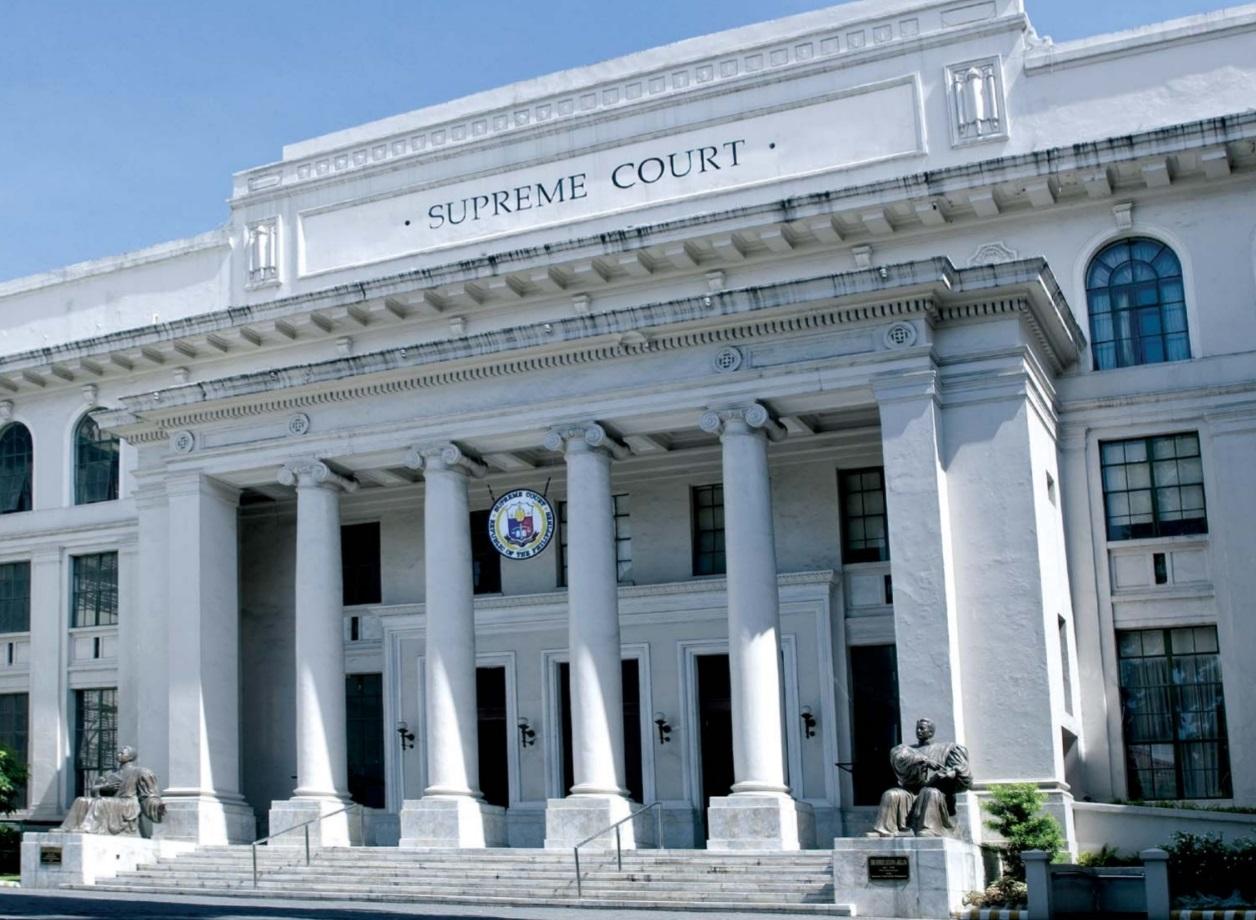SC: LGU legal officers may not represent officials before Ombudsman
By JOAHNA LEI CASILAO, GMA Integrated News Published March 20, 2024 6:11pm The Supreme Court has ruled that legal officers of local government units may not represent public officials of the LGUs they are serving in cases before the Office of the Ombudsman due to conflict of interest. In a 12-page decision promulgated in March […]


By JOAHNA LEI CASILAO, GMA Integrated News
The Supreme Court has ruled that legal officers of local government units may not represent public officials of the LGUs they are serving in cases before the Office of the Ombudsman due to conflict of interest.
In a 12-page decision promulgated in March 2023, the SC Second Division found a lawyer guilty of violating the Code of Professional Responsibility and reprimanded him with a stern warning that a repetition will be dealt with more severely.
The High Court overturned the ruling of the Integrated Bar of the Philippines (IBP) which recommended the dismissal of a complaint against the lawyer.
“A legal officer for an LGU encounters the same conflict of interest in representing the LGU’s chief executive or any of its public officers in cases… filed before the Ombudsman,” it said.
“Thus, for the guidance of the Bench and the Bar, the Court emphasizes that legal officers of LGUs may not represent the public officials of the LGUs where they are serving in cases filed against such officials before the Ombudsman; it is a conflict of interest and amounts to unauthorized practice of the law,” it added.
In 2011, the lawyer was appointed as a provincial legal officer of Negros Oriental. He appeared as counsel in the criminal and administrative charges filed against late Negros Oriental Governor Roel Degamo in 2013.
He also represented the former governor when the criminal cases reached the Sandiganbayan. However, the prosecution opposed his appearance, leading the Sandiganbayan to order him to desist from appearing as counsel.
He continued to represent Degamo in the administrative cases before the Court of Appeals and the Supreme Court.
In finding the lawyer guilty, the SC cited Section 7(b)(2) of the Code of Conduct and Ethical Standards for Public Officials which states that public officials are prohibited from engaging in private practice of their profession unless authorized by law.
“Here, suffice it to say that since the records are bereft of proof that respondent possessed an authority to practice law outside of his duties as provincial legal officer, then his act of representing Degamo in the criminal and administrative cases against the latter constitute unauthorized practice of law,” the Court said.
Meanwhile, the Court also noted that in cases filed before the Ombudsman, officials are charged with “acts or omissions that appear to be illegal, unjust, improper, or inefficient.”
Due to this, it said the acts constituting the alleged offenses are no longer deemed as official acts of the local government unit which he serves and falls beyond the ambit of the lawyer’s functions as provincial legal officer.
“Thus, respondent’s act of representing Degamo in these cases constitutes unauthorized practice of law for which he should be held administratively liable, and accordingly sanctioned,” it said.—AOL, GMA Integrated News














